Grants & ResearchThe Institute seeks to be on the cutting-edge of optimal aging and sustainable health research. We seek to be a life-long learning organization that never stops asking questions. Our research is guided by the following goals:
We invite you to explore how you can become involved! Contact us if you would like to learn more about a particular grant or study. To view our publications that have resulted from our various grants and research studies, click here. Baptist Hospital Behavioral Health Study The Institute conducted research in collaboration with Baptist Hospital on an intervention protocol for older adults suffering from alcoholism. The program was offered at the Baptist Hospital Behavioral Health Clinic to patients that were suffering from alcoholism. The role of the Institute evaluated the intervention protocol.
Baptist Hospital VeggieRx Winter Fresh Top Study The Institute conducted research in collaboration with Baptist Hospital on a Complete Health Improvement Program that Baptist provided to a number of its patients at a primary care office in South Louisville.
Behavioral Health Workforce Enhancement Team (BHWET) Trauma-Informed FlourishCare™ Pre-Apprentice Training Program The University of Louisville Institute for Sustainable Health & Optimal Aging Trauma-Informed FlourishCare Paraprofessional Program is funded by the University of Louisville Rural Integrated Behavioral Health and Primary Care Training Network and will reach individuals who have experienced trauma and behavioral health challenges across their lifespan in three high need and high demand regions in Kentucky. As part of the Behavioral Health Workforce Education and Training grant (BHWET), the Trauma-Informed FlourishCare™ Paraprofessional Program at the University of Louisville Trager Institute looks to place 84 paraprofessional interns in 15 trauma-informed integrated primary care/behavioral health training sites. Training sites will serve rural individuals and their families impacted by severe mental illness, opioid use disorders, and other substance abuse disorders in 14 rural Kentucky counties. Counties include Trimble, Henry, Shelby and Spencer near Louisville, KY, South Central counties of Hart, Metcalfe, and Barren, and Eastern counties of Owsley, Perry, Letcher, Harlan, Bell, Knox, and Whitley. To learn how more or to enroll, CLICK HERE.
Compassionate Louisville Project  The Compassionate Cities Index is a project from University of Louisville's Institute for Sustainable Health & Optimal Aging, in partnership with Louisville Metro Government, the University of Louisville School of Medicine, the International Charter for Compassionate Cities, Compassionate Louisville and the International Charter for Compassion. The Index builds on the work of Drs. Anna Faul and Joseph D'Ambrosio and the international compassionate cities movement. As a growing number of cities and communities begin to prioritize compassion and commit to the Compassionate Cities Movement, the need for a standardized measurement tool to evaluate compassion has grown. The Compassionate Cities Index will be a reliable and accurate tool for measuring the prevalence of compassion in cities. Data collection for this study was completed in Summer 2017, with a minimum of 67 survey responses across all 37 zip codes in Louisville. Compassion Index results per zip are coming soon! Click here to learn more about the study.
Fund for the Arts (Funded Grant- $25,000) This project is a collaboration between Fund for the Arts and the Institute and is funded by the Jewish Heritage Fund for Excellence. The purpose of this project is to create partnerships with arts organizations and artists to programs to leverage the power of the Arts to promote physical, emotional, and social healing.
Geriatric Workforce Enhancement Program (GWEP) (Funded Grant - $2.25 Million)
This project addresses 1) the shortage of the geriatric and primary care health workforce; 2) the need to train a health care workforce that can deliver culturally appropriate services to all diverse groups living in our area; 3) the difficulties experienced in decreasing the chronic disease burden in rural KY; 4) the lack of supportive rural environments to promote health, specifically for the older rural populations; and 5) the need for Alzheimer’s Disease and Related Dementias (ADRD) Supportive Education and Resources. The Institute’s GWEP utilizes a four-prong approach to achieve this vision including care coordination, geriatrics workforce education training, grassroots community development, and the creation of Alzheimer’s and Dementia friendly communities. Click on the below links to learn more about the individual GWEP programs:
Improved Health Outcomes Project (funded - $75,000) The Passport Improved Health Outcomes Project (IHOP) created comprehensive, culturally sensitive preventative care systems and strategies for a rural Latino food pantry. This project has trained Promotoras, who are also community members, to measure biomarkers of older adults using the food pantry. Through this research, Promotoras were trained to measure biomarkers so that, in the future, they themselves could monitor their own health.
2017 KIPDA Needs Assessment (Funded Project - $40,000)
View Full Report Here
Optimal Aging Study This study looks at the qualities of older adults who have been nominated for the Optimal Aging Award. It is conducted upon request from Dr. Wright and examines the following questions: 1) What factors contribute to older adults’ ability to optimally age? Nominees and awardees of the Institute's Gold Standard for Optimal Aging are asked each year to complete this survey.
The Institute manages a participant registry of older adults and families of older adults. This registry consists of individuals who have volunteered to participate in research and product testing conducted in the field of aging studies.
VA Medical Foster Homes for Non-Eligible Veterans This project seeks to create an adult foster home providing safe, non-institutional care alternative for otherwise non-eligible veterans through a partnership with the Department of Aging and Independent Living and the KVCIC.
VeggieRX This project connected older adult patients with prescriptions for vegetables and fresh fruits. The project team worked with New Roots, Inc., a nonprofit who manages Fresh Stop Markets and was funded by the Humana Foundation. The purpose of this project is: 1) to examine the effects of fresh foods on the health outcomes of adults in local communities; 2) to evaluate the impact of providing access to fresh fruit and vegetables to patients who present to medical practices.
|
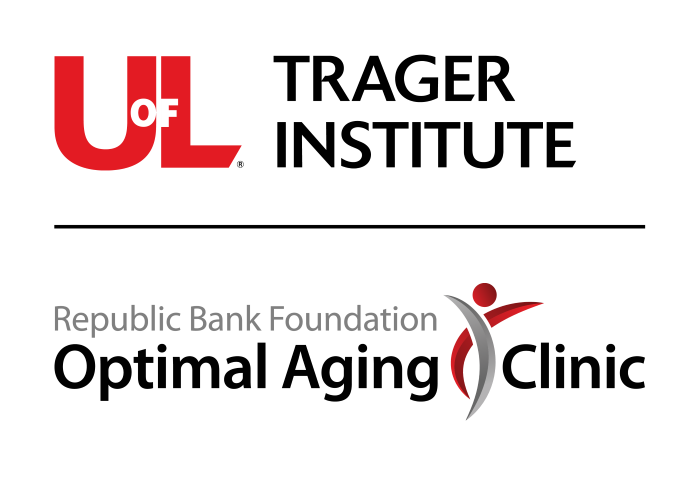

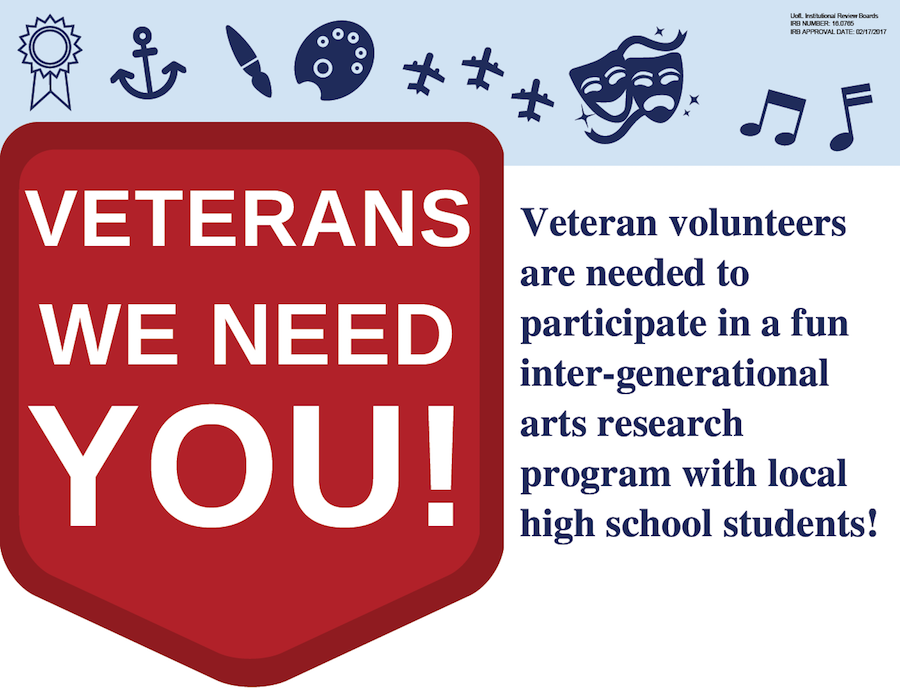
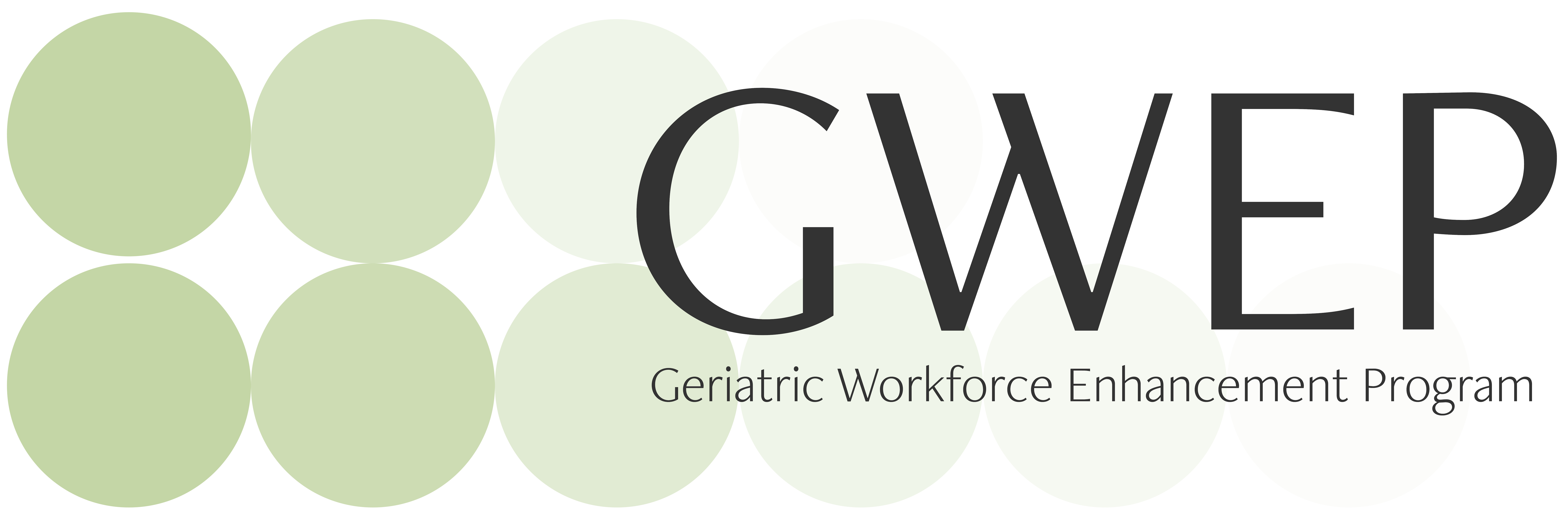 The University of Louisville Institute for Sustainable Health & Optimal Aging Geriatrics Workforce Enhancement Program (GWEP) is a project funded by the Health Resources and Services Administration (HRSA) to improve the health and well-being of older adults living in six counties in Kentucky: Barren, Bullitt, Hart, Henry, Metcalfe, and Shelby.
The University of Louisville Institute for Sustainable Health & Optimal Aging Geriatrics Workforce Enhancement Program (GWEP) is a project funded by the Health Resources and Services Administration (HRSA) to improve the health and well-being of older adults living in six counties in Kentucky: Barren, Bullitt, Hart, Henry, Metcalfe, and Shelby.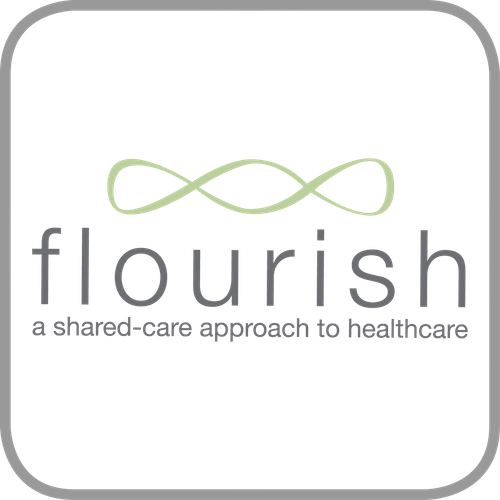
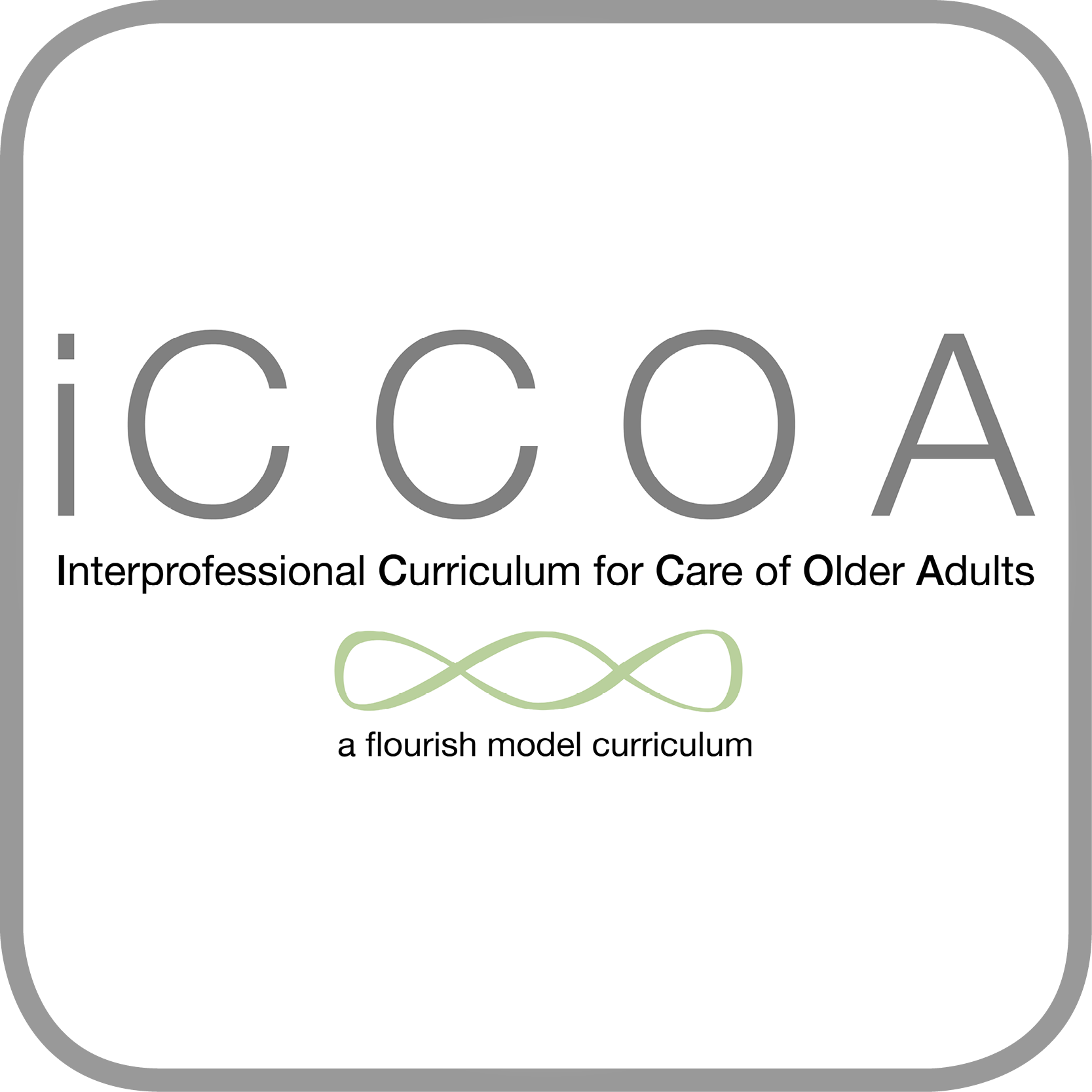


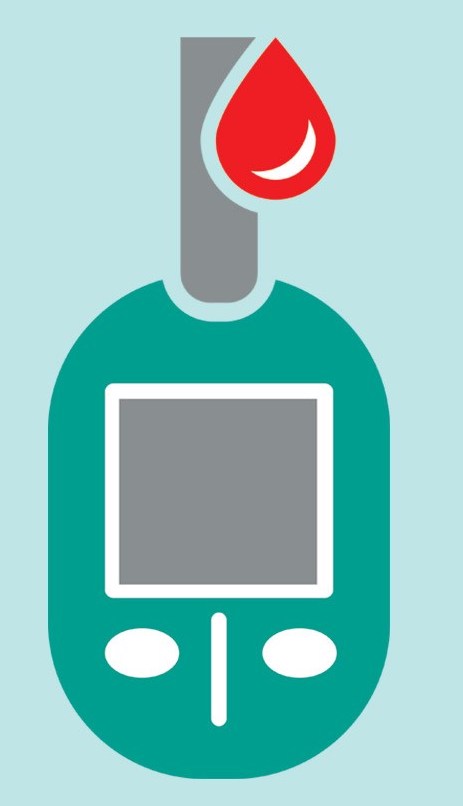
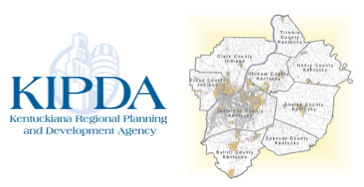 The Kentuckiana Regional Planning & Development Agency contracted with the Institute to analyze social service needs in their seven-county region (Bullitt, Henry, Oldham, Shelby, Spencer, Trimble and Jefferson Counties).
The Kentuckiana Regional Planning & Development Agency contracted with the Institute to analyze social service needs in their seven-county region (Bullitt, Henry, Oldham, Shelby, Spencer, Trimble and Jefferson Counties). 
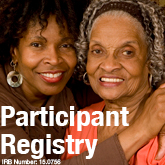 The registry allows the community to become actively involved with studies and innovations that can improve the health and well-being of older adults and their families. As well, the registry enables such studies and innovations to more quickly reach the populations they are intended to help.
The registry allows the community to become actively involved with studies and innovations that can improve the health and well-being of older adults and their families. As well, the registry enables such studies and innovations to more quickly reach the populations they are intended to help. 
